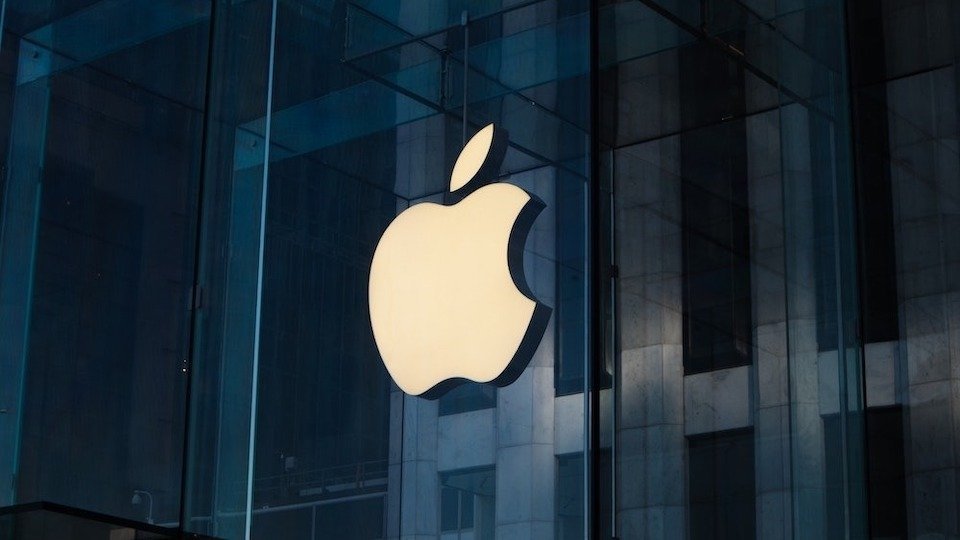Apple extends share buybacks by $90B, raises dividends by 5%
Apple has announced that it has authorized a new share buyback program totaling $90 billion and is raising its dividend by 5%.

Apple logo
The announcement came after Apple reported stronger-than-expected results for the March quarter, with revenues totaling $94.0 billion.
Apple raised its dividend to $0.23 per share, up 5%. It is payable on May 12 to shareholders of record as of the close of business on May 9.
Since 2012, Apple has been buying back its own shares at an extraordinary rate -- Apple is known for spending more on share repurchases than similar tech giants like Meta or Alphabet. Apple's total share repurchases have totaled $274.5 billion, with just $20.4 billion in the December quarter.
Apple spent $85.5 billion to repurchase shares in 2021, and issued $14.5 billion in dividends.
Companies generally buy back their own stock for a number of reasons, including consolidation and to drive value for shareholders -- generally meaning a higher share price.
Read on AppleInsider

Apple logo
The announcement came after Apple reported stronger-than-expected results for the March quarter, with revenues totaling $94.0 billion.
Apple raised its dividend to $0.23 per share, up 5%. It is payable on May 12 to shareholders of record as of the close of business on May 9.
Since 2012, Apple has been buying back its own shares at an extraordinary rate -- Apple is known for spending more on share repurchases than similar tech giants like Meta or Alphabet. Apple's total share repurchases have totaled $274.5 billion, with just $20.4 billion in the December quarter.
Apple spent $85.5 billion to repurchase shares in 2021, and issued $14.5 billion in dividends.
Companies generally buy back their own stock for a number of reasons, including consolidation and to drive value for shareholders -- generally meaning a higher share price.
Read on AppleInsider

Comments
e.g. ..... if one buys a stock 30 days before the ex-dividend date, then one has to hold on to that stock for another 30 days afterwards, before that dividend is taxed as "qualify dividend" at the lower long term capital gains rate. Otherwise, if one were to sell that stock after owning it for less than 60 days, that dividend is "ordinary dividend" and taxed as ordinary income.
This prevent traders from buying a stock with a high dividend yield, the day before the ex-dividend date, collect the dividend, then sell the stock as soon as possible afterwards, at above or near the purchase price and end up paying the lower long term capital gains tax rates on that dividend, which is the trader's main profit in the transaction. The lower tax rates for long term capital gains and qualify dividends, are geared toward "investors", not "traders".
As for buy backs, I have no doubt that Apple have been buying back their stocks since they IPOed. But not because they needed to get rid of excess cash on hand or in significant quantity to make it newsworthy. Many companies that offer options and RSU as part of their salary package for employees, buy back certain amount of their stocks for this purpose. This prevent the dilutions of outstanding shares when stocks are issued as a part of employees pay package.
Apple is said to retire the shares they buy back. But I'm sure some are put back into treasury, to be re-issued to employees as part of their pay packages. Otherwise, the millions of new AAPL shares that they need to issue to their employees every year, will end up diluting the outstanding shares over time. This has the affect of lowering earnings per share (EPS).
Also the number of shares was continually increasing until the buybacks started in 2012. They were not keeping things even. They were issuing new shares and just creating "Shareflation". The buybacks are a good thing.
Here's a good link for share totals: https://www.sharesoutstandinghistory.com/aapl/